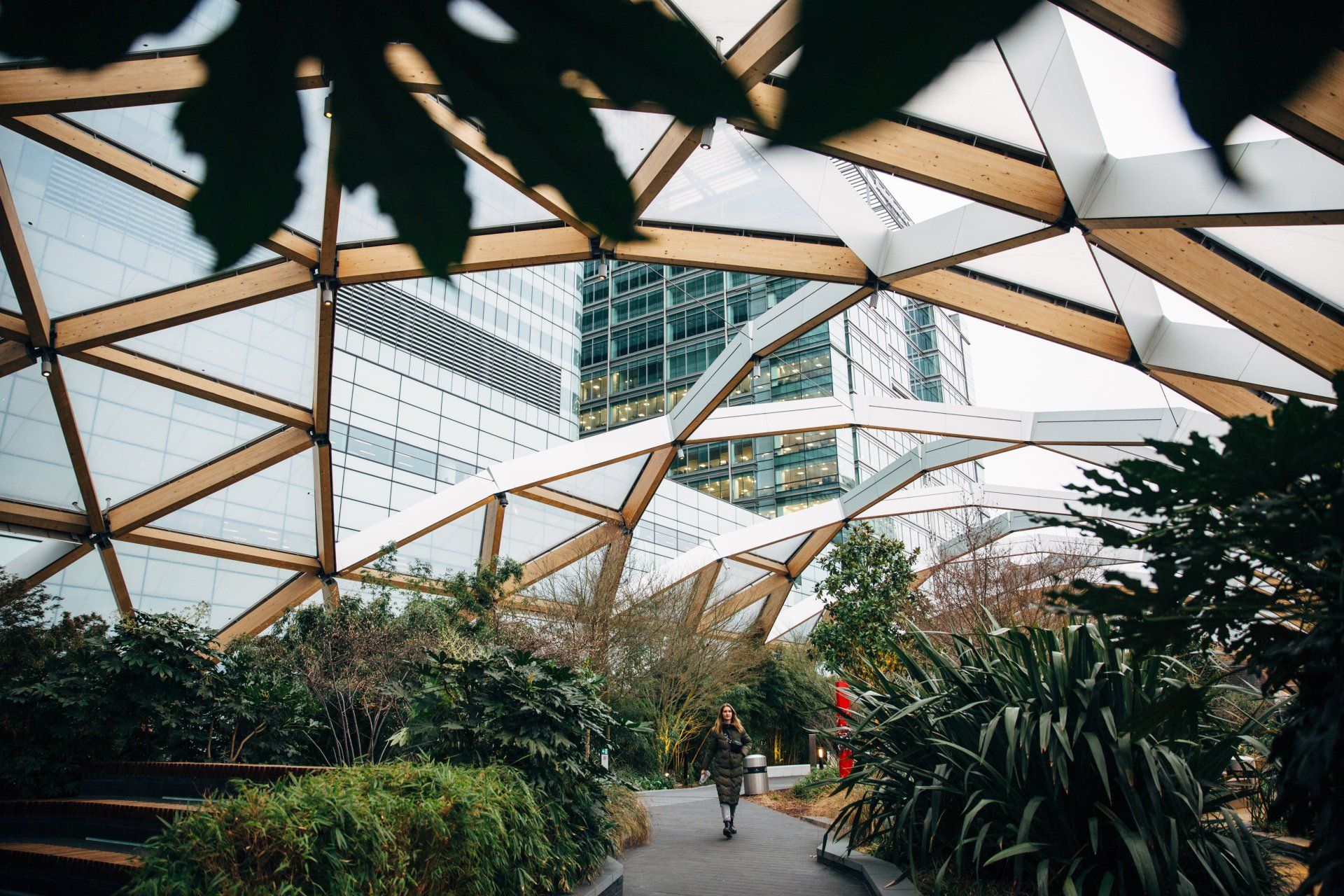Renewable power installations are forecast to break a record this year, according to IEA’s new report
The International Energy Agency (IEA) today updated its forecast for the global renewable electricity capacity, predicting that renewable installations will soar by more than 60% by 2026. The new report suggests renewables will set a record in 2021 with almost 290GW expected to be commissioned by the end of the year with growth being 3% higher than the pace of increase in 2020.
The report also shows that renewables will account for almost 95% of the increase in global power capacity through 2026. Of the renewable energy sources, solar is predicted to increase its capacity by 17% this year – that will set a new annual record of almost 160GW, according to the IEA.
In addition, total offshore wind capacity is forecast to more than triple by 2026.
The IEA Executive Director Dr Fatih Birol said: “The growth of renewables in India is outstanding, supporting the government’s newly announced goal of reaching 500GW of renewable power capacity by 2030 and highlighting India’s broader potential to accelerate its clean energy transition.
“China continues to demonstrate its clean energy strengths, with the expansion of renewables suggesting the country could well achieve a peak in its carbon dioxide emissions well before 2030.”
British Gas Business
As the UK makes it's way towards net zero, don't let your business be left behind. Discover more about how we can help you become sustainable below



